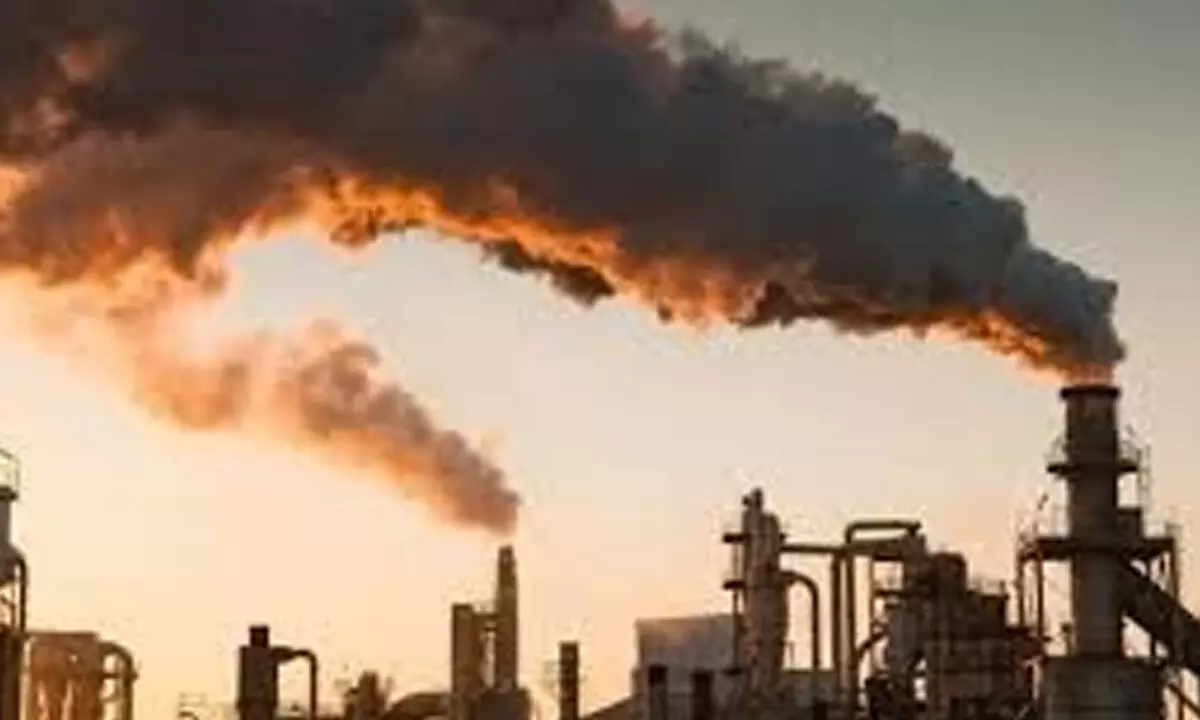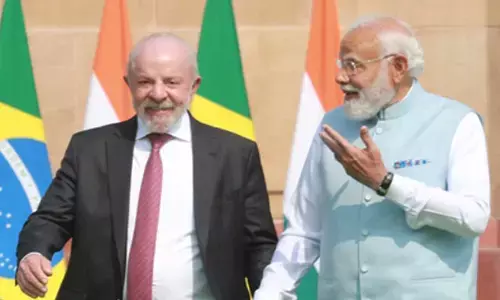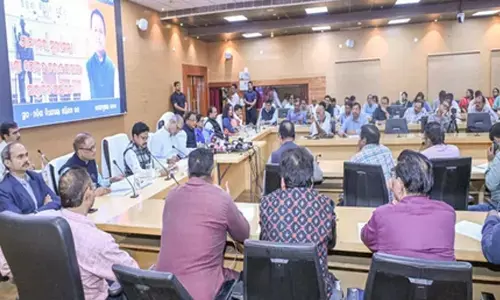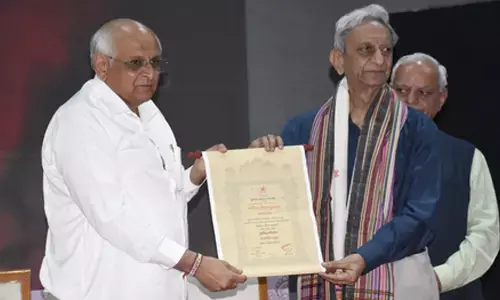COP29 host’s morally indefensible action

In less than a month, Azerbaijan will host the United Nations’ 29th Climate Change Conference, or COP29
In less than a month, Azerbaijan will host the United Nations’ 29th Climate Change Conference, or COP29. But a new report on its state oil company bolsters concerns as to how well the country can guide the first round of international climate talks after world leaders pledged to transition away from fossil fuels in 2023.
The report, released by the environmental and human rights groups Urgewald and CEE Bankwatch on Wednesday, details the State Oil Company of the Azerbaijan Republic’s (SOCAR) political clout, its expansionist oil and gas production plans, and its links to human rights abuses.
“Given SOCAR’s pivotal role in Azerbaijan’s economy and its close ties to the country’s political elite, its influence will surely be felt throughout the climate negotiations in Baku this November,” Urgewald energy campaigner and report lead author Regine Richter said in a statement. “Looking at the state company’s expansion plans, international partnerships, and geopolitical ties, as we prepare for COP29, we cannot but ask ourselves: Did we put the fox in charge of the henhouse?”
“Critics have raised the question why the presidency of COP29 has yet again been awarded to a petrostate propped up by oil majors and one which is massively increasing its gas production.”
SOCAR is deeply entwined with the Azerbaijani government. Its president and 14-member board are appointed by the country’s president, and the nation’s current leader, Ilham Aliyev, previously served as SOCAR’s vice president. The government-selected president of the COP29 talks, Mukhtar Babayev, was a former SOCAR executive who worked at the company for 26 years.
Weeks after Azerbaijan was announced as the host of COP29, SOCAR launched a renewable energy division called SOCAR Green. Despite this, the state company seems committed to fossil fuels, both now and in the future. “SOCAR is expanding its fossil fuel production aggressively, raising questions about Azerbaijan’s climate leadership,” Urgewald said.
SOCAR produced 174 million barrels of oil equivalent in 2023, nearly twice what BP produced in the region the same year. It also directed almost 97% of its capital expenditure that year into oil and gas and nearly $300 million between 2022 and 2024 toward searching for new reserves.
Moving forward, SOCAR has signed an agreement with the European Union to boost gas exports by 17% by 2026. Azerbaijan’s total oil and gas production is on track to increase by one-third by 2033—from 37 billion cubic meters to 49 billion.
However, SOCAR is not acting alone. It is enabled by international fossil fuel companies and financial institutions. SOCAR has ongoing partnerships with BP, TotalEnergies, Italy’s Eni, and the United Arab Emirates’ Abu Dhabi National Oil Company (ADNOC) and signed new agreements in 2024 with Russia’s Tatneft and Kazakhstan’s KazMunayGas. Between 2021 and 2023, major banks offered it loans or backing worth over $6.8 billion, first among them JPMorgan Chase and Citigroup.
The report also details SOCAR’s ties to Azerbaijan’s record of human rights abuses, including unsafe working conditions, delays in payment, unlawful contract terminations, and pollution. Critics of the company such as human rights advocates and journalists have been harassed, imprisoned, and abducted.
“The Azerbaijani government shows zero tolerance toward dissent and is not interested in civic dialogue,” said Manana Kochladze, strategic area leader for democratization and human Rights at CEE Bankwatch. “The state meets resistance with brutal violence and persecution, both domestically and internationally.” COP29 comes at an especially urgent moment in the attempt to tackle the climate crisis, as 2024 is likely to be the warmest on record – surpassing 2023 – and scientists warn that emissions must be halved by 2030 to avoid ever-escalating climate impacts. Yet, it is the second COP in a row to be hosted by a nation (Azerbaijan) with a vested interest in maintaining the use of fossil fuels, following COP28 in the United Arab Emirates.
“Critics have raised the question why the presidency of COP29 has yet again been awarded to a petrostate propped up by oil majors and one which is massively increasing its gas production,” the report authors observed. “Azerbaijan’s strong dependence on oil and gas raises questions about its ambition and leadership on climate action.”
They noted that the president of COP28, Sultan Ahmed Al Jaber, was similarly linked to the oil and gas industry, retaining his role as CEO of ADNOC while guiding the talks. Now, the fear is that history could be repeating when the world can least afford it.
“The Azerbaijani government’s attempt to hide its cronyism and human rights record behind a global climate summit has been blasted as blatant greenwashing,” the report authors said. “The COP climate summits represent the only opportunity for world leaders to come to an agreement on solutions to tackle climate change. It is crucial that those who host the negotiations are true climate leaders, not those with a vested interest in keeping the world hooked on fossil fuels.”
(https://www.commondreams.org)










